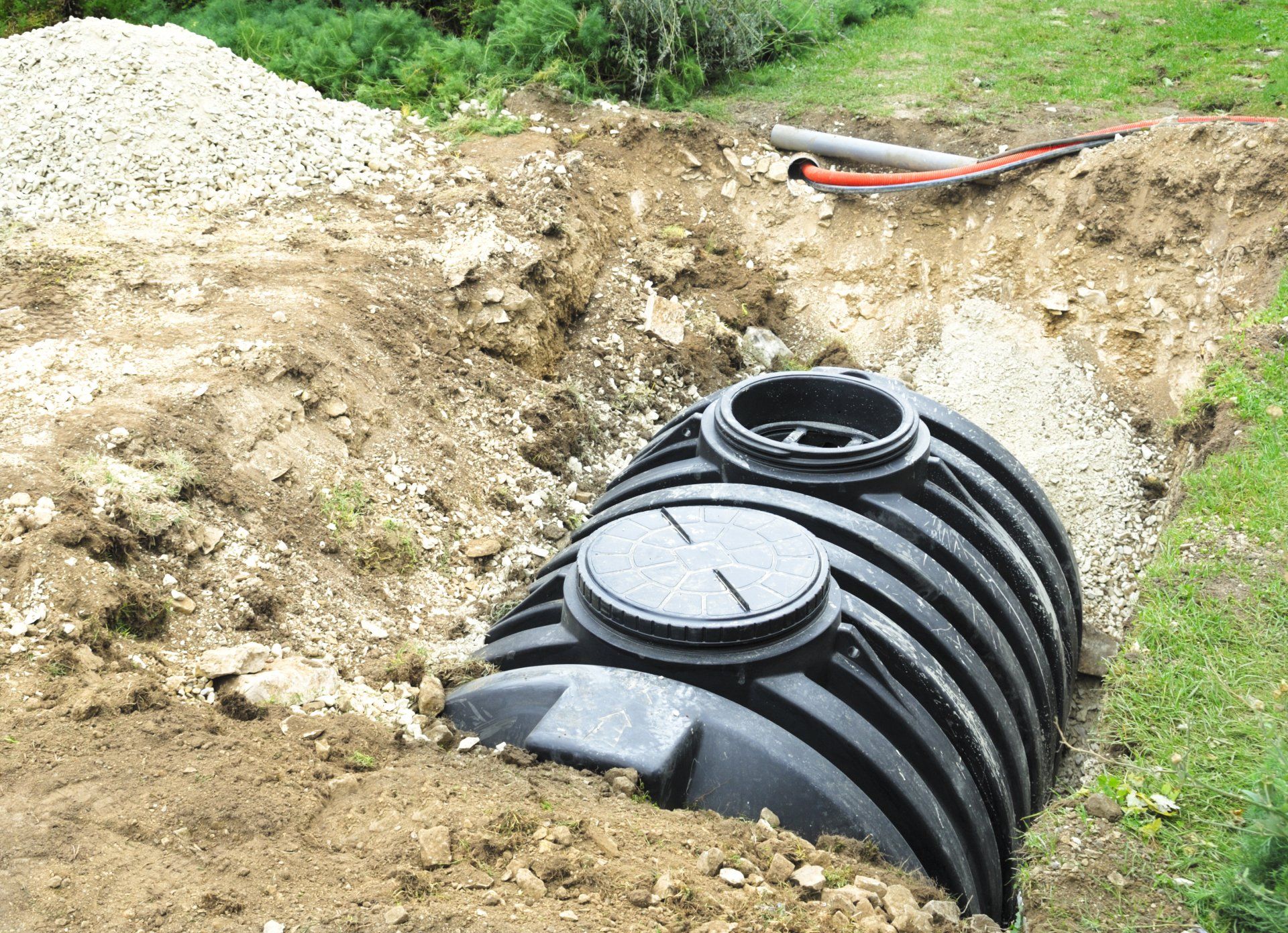Laundry & Septic Tanks: Practical Tips to Protect Your Septic System
Although out of sight, the septic tank is a vital part of a functional home or business. The septic tank holds the sewage and wastewater from your home or business. Therefore, if this component fails, your entire plumbing system will also likely fail.
As such, do everything in your power to protect your septic tank. Among the helpful steps to protect your septic tank is to mind your laundry habits. Discover how your laundry habits impact your septic tank as well as tips to avoid problems.
Don't Use Powdered Soap
Powdered soaps release fillers into your septic tank. Eventually, the fillers accumulate on the bottom of your septic tank and cause a blockage. This blockage can lead to sewage backup and overflowing toilets. Additionally, clogs in the septic tank cause slow drainage — not to forget the awful smell that may make your home unpleasant to live in.
Instead, use liquid soap that is septic-safe. Also, watch the quantity of soap you use when you do laundry. You may think that when you use more soap, your clothes come out cleaner. However, the more soap you use, the more risk you pose to your septic tank. Most detergents contain surfactants and other chemicals that may harm the helpful bacteria in your septic tank.
The bacteria in your septic tank help to break down the sewage and waste. This process is inhibited when you kill these bacteria with too much soap, and your septic tank may fail as a result.
In the same way, go easy on the bleach. Like soap, bleach also kills the helpful bacteria in your septic tank. As a result, using too much bleach when doing laundry can cause septic tank failure.
Don't Wash Too Many Loads in Quick Succession
Many people have a designated laundry day, but if you have more than a couple of loads to do, you need to designate multiple laundry days. Each time you do a load of laundry, the washing machine releases a large quantity of wastewater into your drains. The increased water flow of multiple successive loads can strain the drain field excessively and cause problems.
Instead, do laundry in small batches across multiple days to avoid putting too much strain on your septic system.
Don't Use an Inefficient Washing Machine
If your washing machine is old, you may need to replace the machine with a newer, more efficient one. Newer models of washing machines use less water per load. That means that there is less water to strain your septic system.
Consider switching to a high-efficiency washing machine the next time you do laundry. Not only will this be better for your septic tank, but it will also help you save money on your utility bills.
Don't Overlook the Lint Trap
If you are yet to install a lint trap on your washing machine, do so as soon as possible. This component helps to catch lint, hair, and other debris from your clothes that can clog your septic tank.
With time, debris may accumulate on the lint trap, which compromises the trap's functionality. Also, the debris may eventually find its way into your septic tank and cause a clog. To avoid this problem, clean the lint trap regularly. And if you notice that the lint trap is not working as efficiently as it should, replace it with a new one.
Don't Ignore Septic Tank Maintenance
Good laundry habits should not replace septic tank maintenance. As such, even if you are careful with your laundry, have your septic tank inspected and pumped regularly.
A professional can identify potential problems with your septic system and take the necessary steps to fix them. Also, regular septic tank maintenance will help extend the life of your system.
You can trust us at Dr. Flush Inc. for all your septic tank needs. We are experts in septic tank maintenance and pumping. Also, we will offer more insights on how to take care of your septic system. Contact us for more inquiries on septic care.








